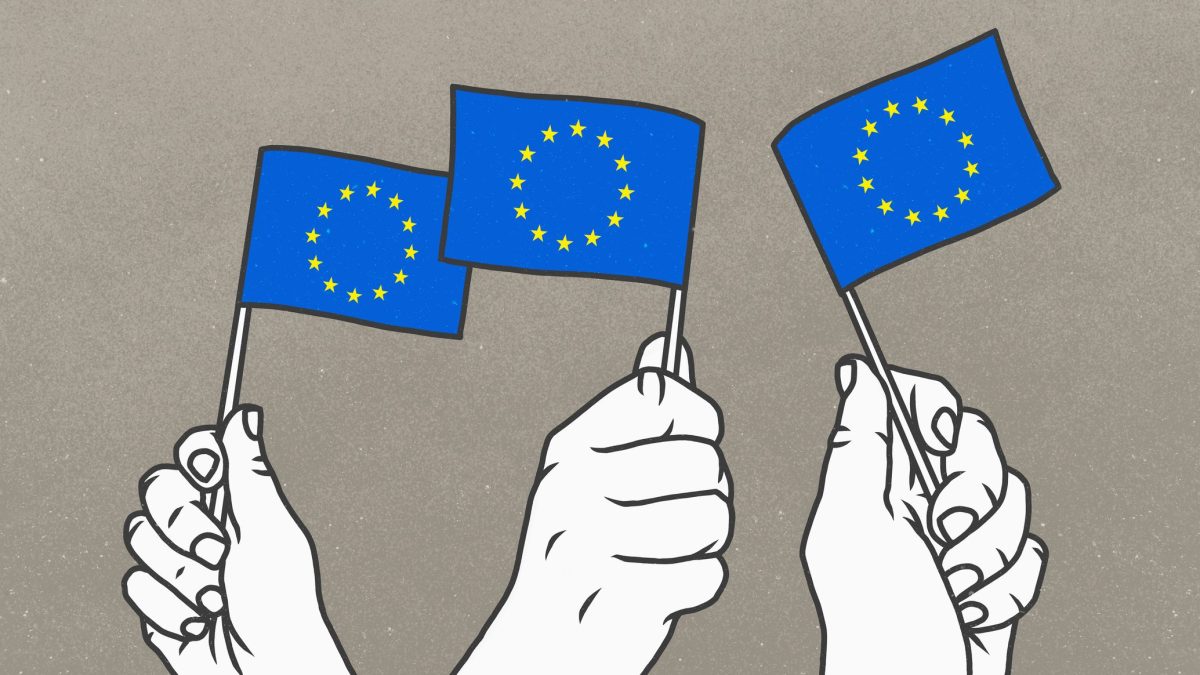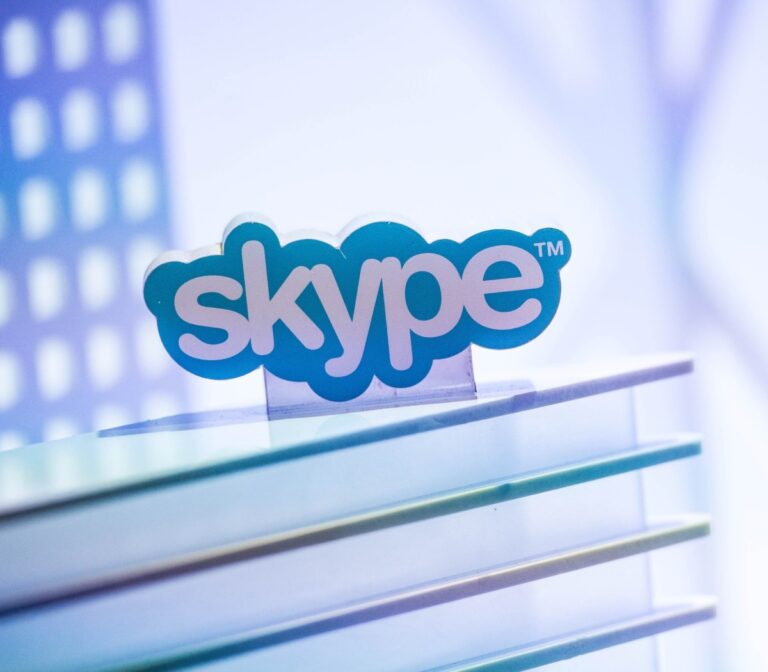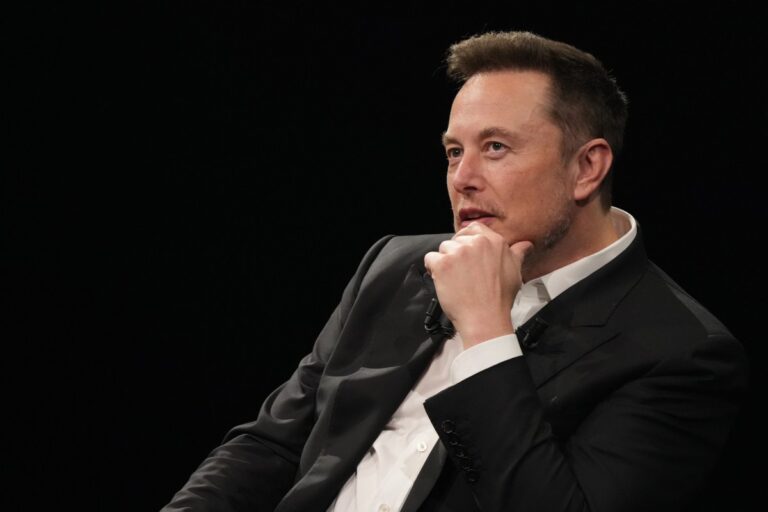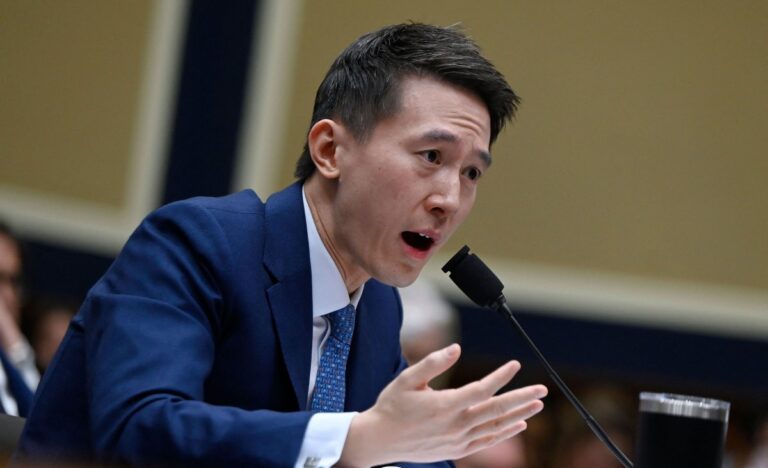EU Seeks Dialogue with US Tech Giants Ahead of Germany’s Critical Election
The European Union is intensifying its efforts to combat misinformation by conducting a comprehensive “stress test” for tech and social media companies ahead of Germany’s upcoming election. This initiative aims to evaluate how effectively these platforms manage false information and disinformation campaigns that could potentially disrupt the electoral process.
EU’s Initiative: Stress Test for Tech Companies
On January 31, officials from the European Commission will convene with major tech companies, including X, Meta, Snap, TikTok, Google, Microsoft, and LinkedIn. The purpose of this meeting is to assess their readiness to handle various scenarios that might threaten the integrity of the election, from AI-generated misinformation to organized disinformation campaigns, as reported by Bloomberg.
Understanding the Digital Services Act
This stress test is part of the EU’s commitment to enforcing the Digital Services Act (DSA), which mandates that tech companies implement robust safeguards and protocols to address misinformation and illegal content on their platforms. Key aspects of the DSA include:
- Obligation to monitor content: Companies must actively monitor and manage content to prevent the spread of misinformation.
- Transparency requirements: Platforms are required to disclose their content moderation policies and the algorithms used.
- Accountability measures: Firms must take responsibility for the impact of their services on the public discourse.
Significance of the Stress Test in Context
This initiative comes just ahead of Germany’s snap federal election in February, making the stakes particularly high. As the largest member state in the EU, Germany’s electoral integrity is crucial for the bloc. The EU’s scrutiny of tech compliance with the DSA has intensified following incidents like Romania’s annulment of its presidential election results due to evidence of Russian interference—a situation exacerbated by TikTok’s algorithms, according to reports.
Recent Developments in German Politics
Prominent discussions surrounding the election have already begun. Notably, Elon Musk and his platform, X, have gained attention for their involvement in the electoral landscape. Musk recently conducted an interview with Alice Weidel, the leader of the far-right AfD party and a candidate in the upcoming election.
This news arrives shortly after former President Donald Trump criticized EU regulators for their treatment of U.S. tech companies, including Google and Meta, at the World Economic Forum in Davos. Trump characterized the EU’s regulatory approach as “a form of taxation” on American businesses.
As the situation evolves, the outcomes of the stress test could have significant implications not just for Germany, but for the broader EU framework concerning digital governance and misinformation.







